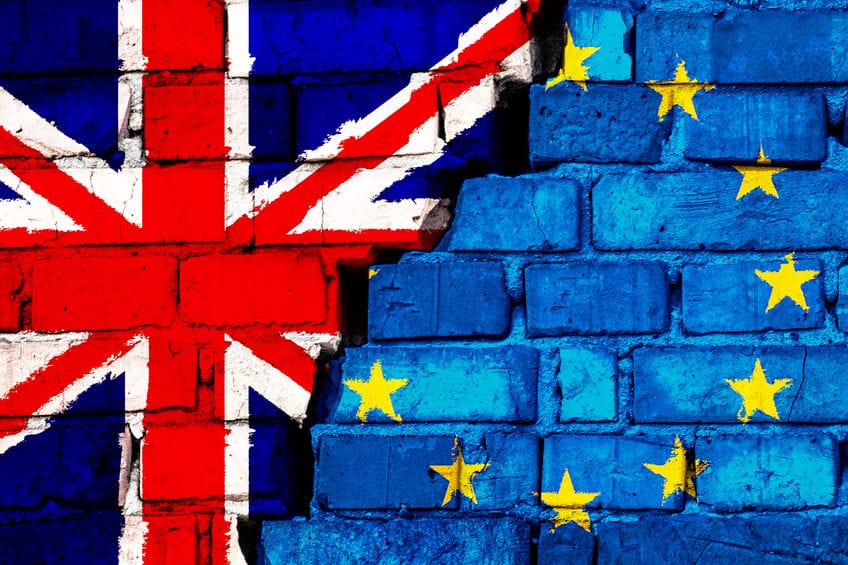Another post-Brexit landmark for UK retailers.

Some big challenges for retailers, years in the making, will finally make themselves felt over the coming months. For the retail sector, it’s (another) crunch time for Brexit.
BBC: “Post-Brexit controls on food and farm imports start.”
Post-Brexit checks on goods imported to the UK from the EU will now begin to be applied, four years after the nation technically left the union. The checks have already been delayed several times to allow businesses time to adapt.
Actual, physical checks will start to be applied from April, and all of the checks will add a substantial amount of red tape – such as export paperwork for food, plant and animal items – and delays to goods while inspections are carried out.
The government says the checks will minimise the burden for traders. However, you can excuse a degree of cynicism from businesses which rely on imports – which, as the UK remains an island, includes most retailers of any size.
These businesses have witnessed the attention to detail that the government has applied to other recent events, and they are not reassured that the checks will be smooth. From the failed and expensive Covid track and trace software, via billions wasted on PPE products that couldn’t be used, to the infamous mini budget that sent mortgage rates soaring, the government has shown a poor understanding of business needs. Just this week the International Monetary Fund has vocally criticised chancellor Jeremy Hunt for his plan to cut taxes, hardly increasing confidence in the economy’s management.
Will the implementation of post-Brexit rules be handled more efficiently?
Retailers will be hoping so, having witnessed the problems caused for businesses that send goods in the opposite direction.
Independent: “British meat and fish exports to EU slump by half since Brexit.”
NY Times: “A Crab’s Eye View of Brexit.”
Producers of meat and fish products in particular have experienced a host of difficulties and delays, with movement of perishable products such as oysters becoming virtually unviable for some.
One major concern for UK retailers is that many EU companies are unprepared for the new level of paperwork, and may decide that the added complications simply aren’t worth the effort. Put simply, if they have to invest in new software, equipment and effort to send goods to the UK, they might find it easier to simply increase their marketing budgets in other parts of the EU instead.
Politico: “Britain’s Brexit border is finally here. No one is happy.”
Politico’s coverage has found a host of industry groups, associated with vital services around hygiene and refrigeration of foods, that fear increased prices and reduced choice for UK consumers due to the new rules, as a result of this kind of response..
Meanwhile, the government says that the checks are the price that must be paid for Brexit.
The Guardian: “UK minister: Brexit checks ‘price you pay for being a sovereign state again’.”
As far as many businesses are concerned, it may become a price that is not worth paying. It will be interesting to find whether consumers – who narrowly voted in favour of Brexit – feel the same.
